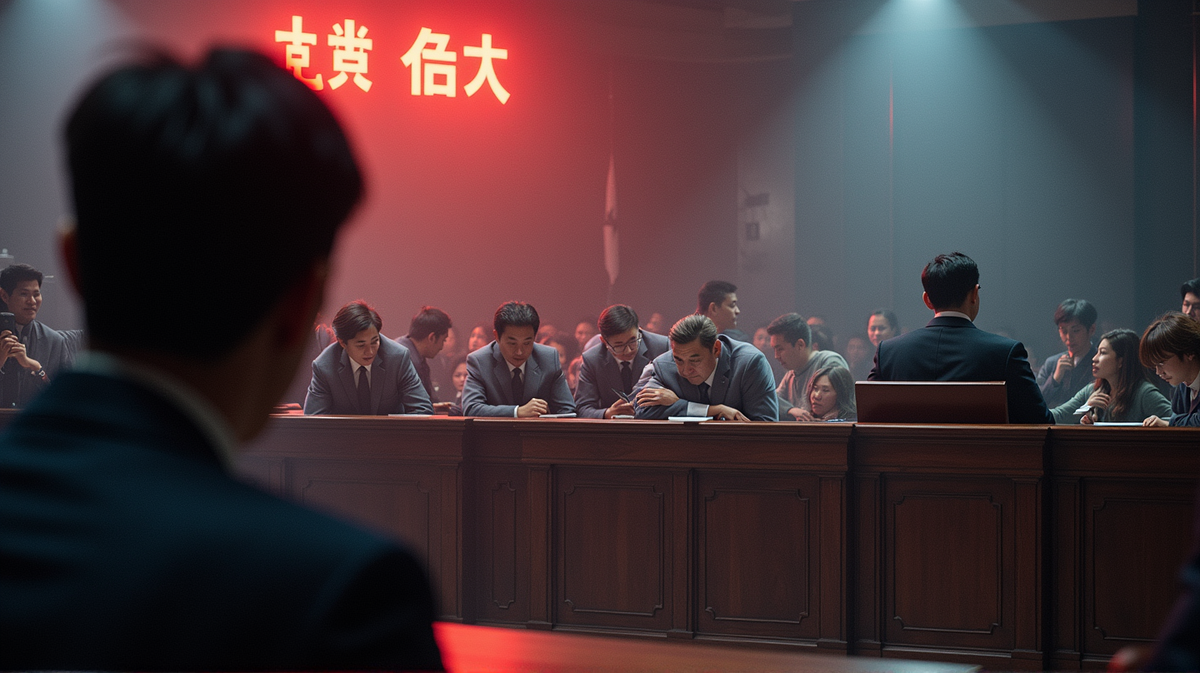Legal Showdown: Sony Takes Tencent to Court Over Alleged Clone of Horizon Franchise!
Sony's lawsuit against Tencent over Horizon franchise 'clone' could be the gaming legal saga of the year!

Game enthusiasts, prepare your popcorn and gaming controllers, as the battle between two titans in the gaming industry sets the stage for an epic courtroom saga. Sony Interactive Entertainment has launched a lawsuit against Tencent, accusing the Chinese conglomerate of creating a “slavish clone” of their renowned Horizon franchise—an act that threatens to upend the creative fabric of the gaming world, and letting viewers feel like they’re part of the ultimate legal RPG.
The Saga Unfolds
The core of Sony’s complaint revolves around the game ‘Light of Motiram,’ alleged to closely mirror the compelling audiovisual elements of the Horizon series, captivating millions of players globally with its post-apocalyptic narrative. According to industry experts, such close imitation threatens not just intellectual property rights but stifles innovative game development practices.
Gameplay Beyond Consoles
This lawsuit is more than just a dispute over game elements; it’s emblematic of the larger creative battles within the technology and entertainment sectors, where intellectual boundaries are fiercely contested. Sony’s move underscores the stakes for content creators everywhere to safeguard their unique artistic expressions from being diluted by overzealous duplication.
A Journey Through Legal Landscapes
The legal face-off is keenly watched by the gaming community and market analysts alike, with potential ramifications for international business practices and bilateral relations between Japanese and Chinese corporations. As this dramatic courtroom drama progresses, gamers, investors, and legal experts speculate who will clinch the victory in this high-stakes face-off.
Industry Voices Speak Out
Industry insiders voice concerns over how the outcome of this case could redefine game cloning standards and possibly establish new precedents in video game copyright law. The echo of this lawsuit reaches beyond borders, capturing the essence of an evolving legal framework in an ever-expanding digital economy.
As stated in Deadline, this battle, though legal in nature, ideally emphasizes the long-standing tradition of innovation—a tradition both companies have profoundly contributed to, albeit now appearing to be on dramatically opposing sides.
With the gaming industry’s landscape hanging in the balance, eyes around the world watch intently as Sony and Tencent prepare for another round in this saga. Whether this will pivot into an era of heightened creative protection or a re-evaluation of creative liberties remains to be seen.





